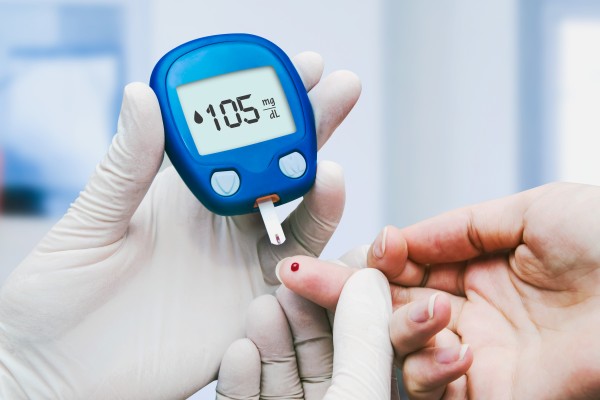Love Island star Marcel Somerville urges public to get diabetes check up

The UK has one of the highest rates of type 1 diabetes in the world with about 400,000 cases, including 29,000 children.1
For many fit and healthy adults discovering they have the autoimmune disease can come as a shock, not least that the average person with the condition will have about 65,000 insulin injections and measure their blood glucose levels more than 80,000 times in their lifetime.2
Former Blazin’ Squad and Love Island star Marcel Somerville knows how that feels after he was rushed to hospital in June where he was diagnosed with Diabetic Ketoacidosis (DKA) after his levels of ketone, a chemical the liver produces when it breaks down fat, rose too high and turned his blood acidic.3
He spent more than a week in intensive care and almost went into a coma, but thankfully recovered and has been taking life in his stride ever since. Somerville proposed to his girlfriend before announcing the couple are expecting a baby which will keep him busy – extra responsibilities in addition to keeping on top of his medication.
Marcel is not alone; the number of people in the UK with Type 1 diabetes is increasing by about 4% each year and, according to Diabetes UK, 42% of people with the condition experience stress from the number of decisions they need to make daily.
Research performed by Quin, a digital health company, found nearly 1 in 2 diabetics stated that they often needed to correct their insulin dose following the initial injection, while 85% felt that health-tech apps give individuals the freedom to better manage their lifestyle and wellness more independently. The research also found that 55% of respondents with type 1 diabetes experience anxiety and stress, 46% experience depression and 50% experienced increased fatigue.
But help is at hand as Quin has created an app that learns the user’s habits to help them decide how much insulin to take and when. About 76% of the app’s beta testers with type 1 diabetes this summer said it improved their quality of life.
Their research also found that more than a quarter (26%) of the UK would rather use health apps than visit a GP or hospital with 50% of patients with diabetes using an app ahead of going to hospital during the pandemic. In general, our usage of apps grew by 37% during lockdown, and over half would trust a diagnosis provided by an app.




